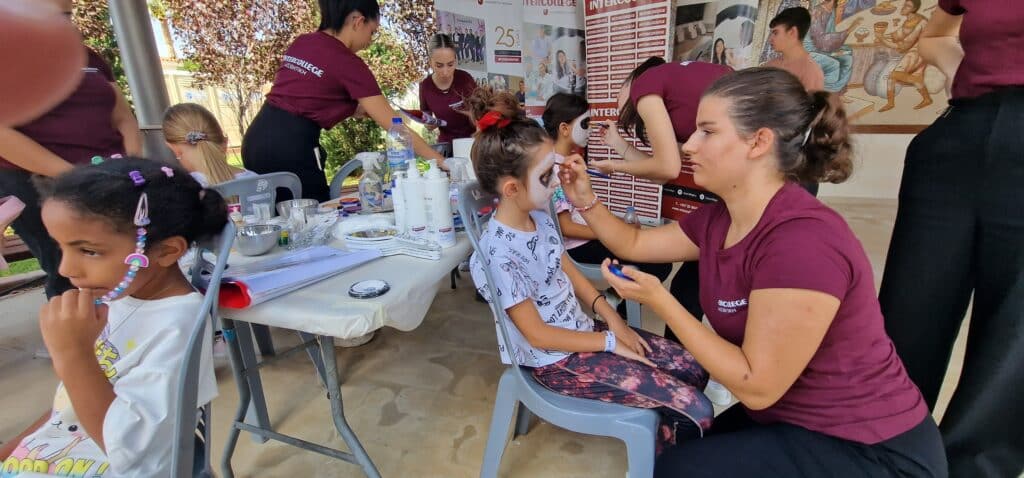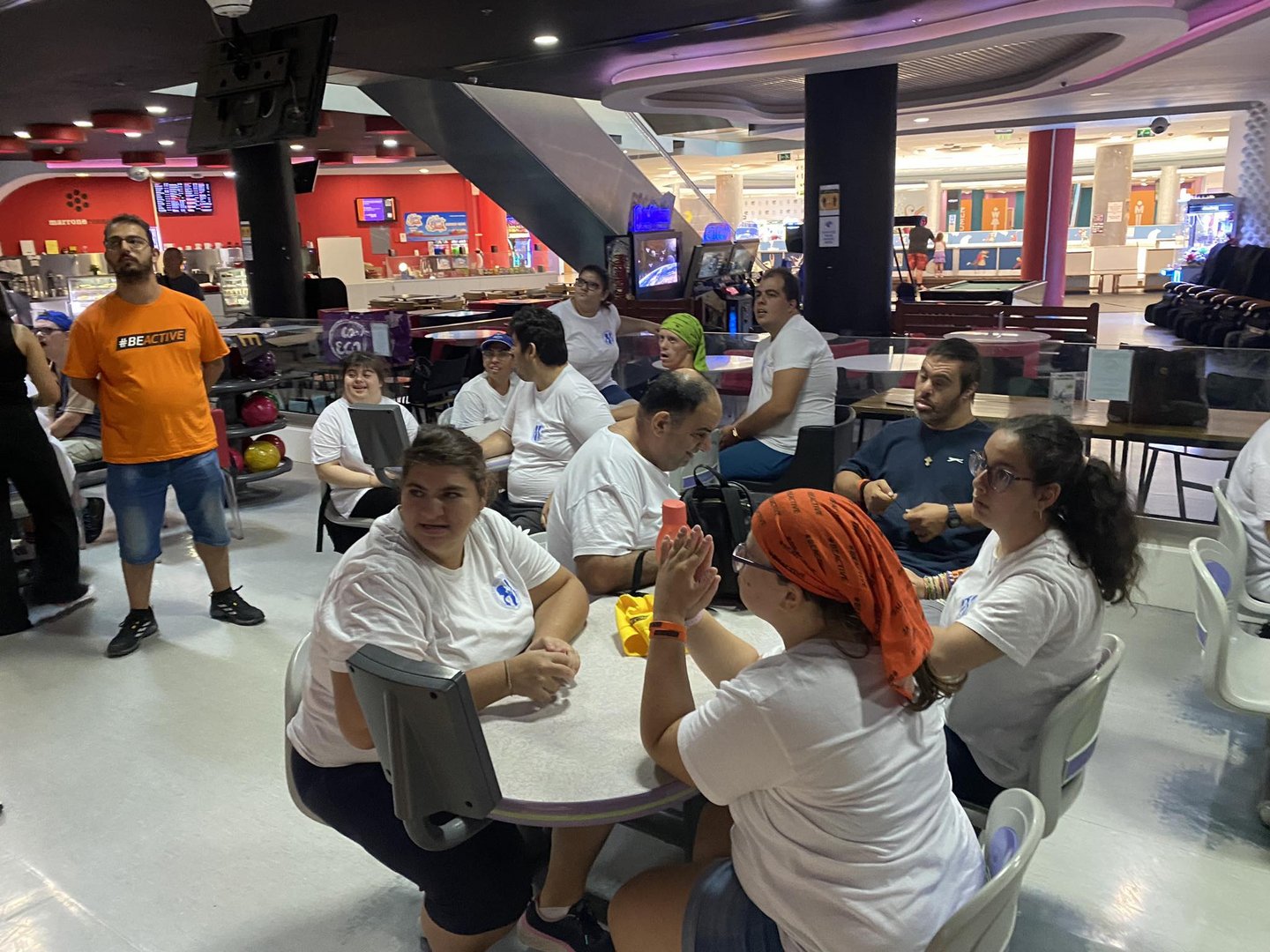The horrors have not been left in the past
Cyprus may have come a long way in how disabilities are treated, but the horrors people with special needs have experienced are still not a thing of the past.
“People are still locked up in their homes and not allowed to go outside. It still happens,” Iacovos Valanides, chairman of the association of parents and friends of children with special needs explains.
He says the country has come a long way and though the phenomenon is not as widespread as it used to be, certain villages and Paphos primarily, still have a stronger taboo that many across the island have overcome.
“We still have a long, long, way to go,” he tells the Cyprus Mail.
The sensitivities surrounding this topic are many-layered. Different people interviewed for this article have different opinions on wording: some deem ‘special needs’ to be offensive, preferring instead ‘disability’ while others find no qualms with either.
Radiomarathon, which is Cyprus’ largest NGO with a long-standing voice on tackling issues surrounding people with disabilities uses the term ‘special needs’. Kysoa, the federation for disabled organisations deems it absolutely abhorrent saying it paints a picture of people who are always in need: of money, of support, of dependency – whereas in fact many people are capable of being autonomous.
The fact of the matter is that having this debate is still a major progress for the island, where 40 years ago, the “retarded kids” as they were called, were often locked up in the houses as their families were deeply ashamed of them. This is according to Evanthia Papasavva, who worked as a social worker for decades, and now sits on Radiomarathon’s administrative committee.
“Back then, things were very difficult. Many parents hid their kids, especially in more rural areas. Forty years ago, having a child with special needs was seen as shameful.”
The stigma at the time was beyond anything that we can properly imagine now, she adds. “Someone wouldn’t marry a woman who had a brother who was ‘retarded’. It wasn’t even fathomable.”
As a result, many were locked up at home, and hidden from sight.
It was a long and uphill battle to get to where things are today, Papasavva argues, though by no means are things perfect. She recalls how Radiomarathon took up the voice of people with disabilities and fought against societal taboos so as to break the stigma.
“There were times where if we would go sit in a café with a child that had special needs, people at the table next to us would get up and leave.”
“Now a lot of work has been done, they go to school, many have jobs. They just need an opportunity.”
Valanides reflects that when he set up the association in the 90’s “things were tragic.”
“There were no support programmes, and Limassol had two institutions.”
What Valinides sought – and managed – to establish was a day centre, where people could leave their children for a few hours so they could get as much support as possible, leaving parents to go to work, and then be together at home.
The idea was to rid people of the idea behind institutionalisation, which was in line with the ‘out of sight, out of mind’ mentality.
Currently, a lot has been achieved in developing infrastructure – centres and places where families can go together, can go a long way in breaking the taboos.
Paphos, he argues, still needs more.

Offering infrastructure opportunities can go a long way in breaking taboos (Image: Radiomarathon)
A poignant statement that Papasavva makes is that with the financial support that many can now receive from the state “this allows people with disabilities to be well dressed.” Before, with no money and no opportunities, many couldn’t afford proper clothing, adding to the ‘dejected image’ that contributed to them being shunned, she explains.
Some of the more present issues which must be addressed, she said is more state support in covering costs of treatments abroad. There are limitations on that, and NGOs such as the Radiomarathon often step in to offer assistance, Papasavva points out.
Valanides highlights that one of the biggest problems weighing parents and caregivers down is the concern of what will happen to their children when the former die.
“There is no infrastructure in place for that.”
What currently happens is that unless someone else from the family takes the responsibility, most of these individuals end up in a care home or institution.
Kysoa’s chairman Christakis Nicolaides points out the term ‘institution’ is already extremely troubling and should be left in the past “where it belongs.”
“People with disabilities don’t need anyone’s pity. They want the same human rights as everyone else.”
Papasavva dismisses sentiments she knows exist such as ‘autism is not real’, stressing “science has moved on. This type of language is nonsense, where people exaggerate things to make themselves sound smarter.”
She explains in her line of work there is an array of issues people with disabilities face and difficulties they may experience in their daily lives. Prejudice from other people should not be one of them, she adds.
“We all have to love and accept these children. You don’t know what fate awaits you. You may have a child of your own with special needs one day. Rejection is the worst thing they can face.”







Click here to change your cookie preferences